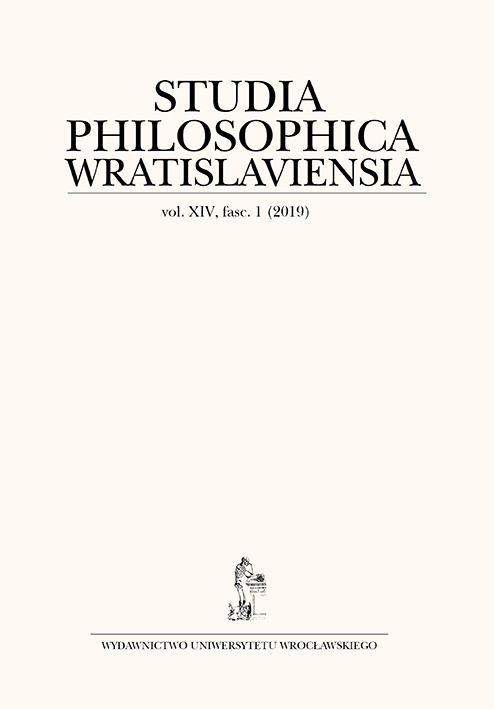

ISSUES IN CONTEMPORARY PHILOSOPHY

This paper is an examination of certain assumptions that, I hold, lie in the background of MacIntyre’s conception of the formation of the intellectual schema as found, most prominently, in Whose Justice? Which Rationality? and Three Rival Versions of Moral Enquiry. A thorough examination of MacIntyre’s concept of the rational schema, I will show, reveals that the parsing he proposes to carry out on intellectual history is confronted with a problem that finds its analogue in the field of biological taxonomy. In order to carry out this project of determining where the seams lie in intellectual history one must first recognize that the parsing itself is a scheme-dependent undertaking. As such it is not unlike the necessarily somewhat arbitrary identification of species and genera in the biological realm. In other words, it should be recognized that intellectual history, like the morphology of the plant and animal kingdoms, is continuous, not discreet. An almost wholly unexamined assumption that stalks through Whose Justice? and Three Rival Versions is that there are something like intellectual natural kinds in the history of ideas. Indeed, the notion that there are “traditions” at all in the sense in which MacIntyre uses the term may be a highly conventional artefact of an Enlightenment-era view of intellectual progress. This leads me to conclude that MacIntyre has failed to observe that the view of traditions and schemes neatly succeeding one another, on which much of his critique is dependent, is itself a product of the perspective he calls “encyclopedia.” This, in turn, will make manifest why it is that almost all of MacIntyre’s examples of rational scheme-switching are from the natural sciences rather than the normative, a fact I will show is connected to a paradigm of linear progression that one tends to find in the exact sciences, but not in praxis.